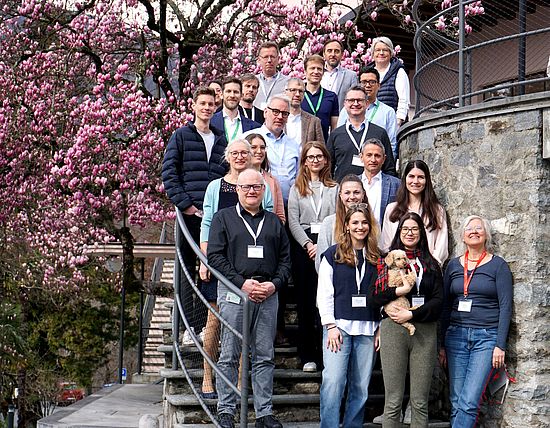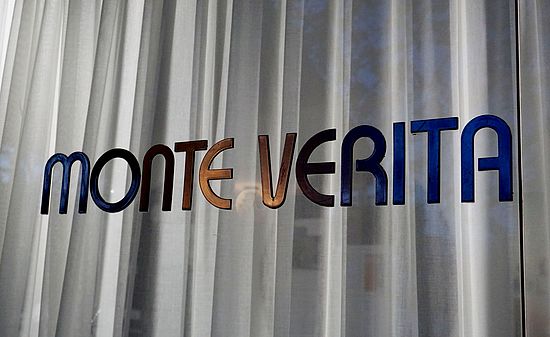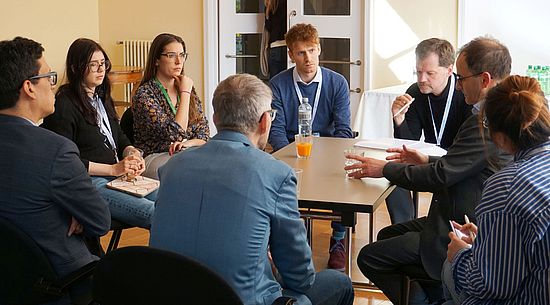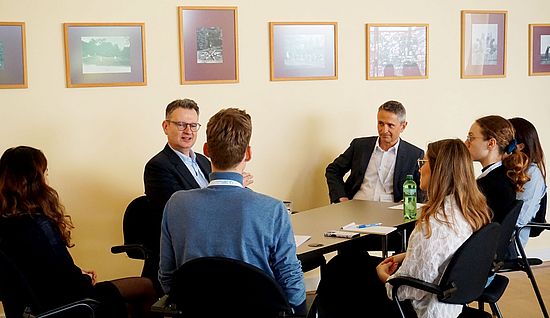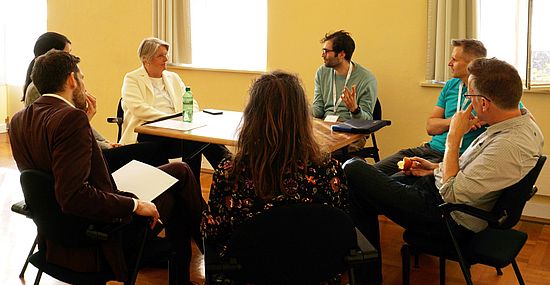Genome editing
CRISPR/Cas9 as an example of a transformative technology.
The use of new genetic engineering methods such as CRISPR/Cas9 technology has the potential to treat previously untreatable genetic diseases. Research and development activities in the field of gene therapies are correspondingly active.
However, when Chinese biophysicist He Jankui announced a few years ago that he had created the first genetically edited babies using CRISPR technology, the majority criticized his research as unethical. Accordingly, the permissibility of using genetic engineering methods must be discussed against the backdrop of the tension between promising medical progress and ethical restraint.
The research project "Genome Editing" is dedicated to the differentiations to be made, for example between the application of gene therapies for therapeutic purposes and gene editing for the purpose of "human enhancement" or the applications in somatic cells or germ line cells. Also included are economic aspects - related to the commercialization of the technology - such as the role of patent protection in the field of genome editing.
The research project is led by Prof. Dr. Bijan Fateh-Moghadam, Dr. Franziska Bächler and Prof. Dr. Alfred Früh and is in exchange with the UZH UFSP Human Reproduction Reloaded | H2R.
Publications:
Online Article in sic! 2023/5 "Der Streit um die CRISPR-Cas9-Grundlagenpatente"
Presentations and Events:
"The Technology and Ethics of CRISPR", a workshop organised by URPP Human Reproduction Reloaded | H2R (University of Zurich) and the Center for Life Sciences Law (ZLSR) of the University of Basel, Monte Verità (Ascona), 3.- 6. März 2024
CRISPR-Workshop impressions









